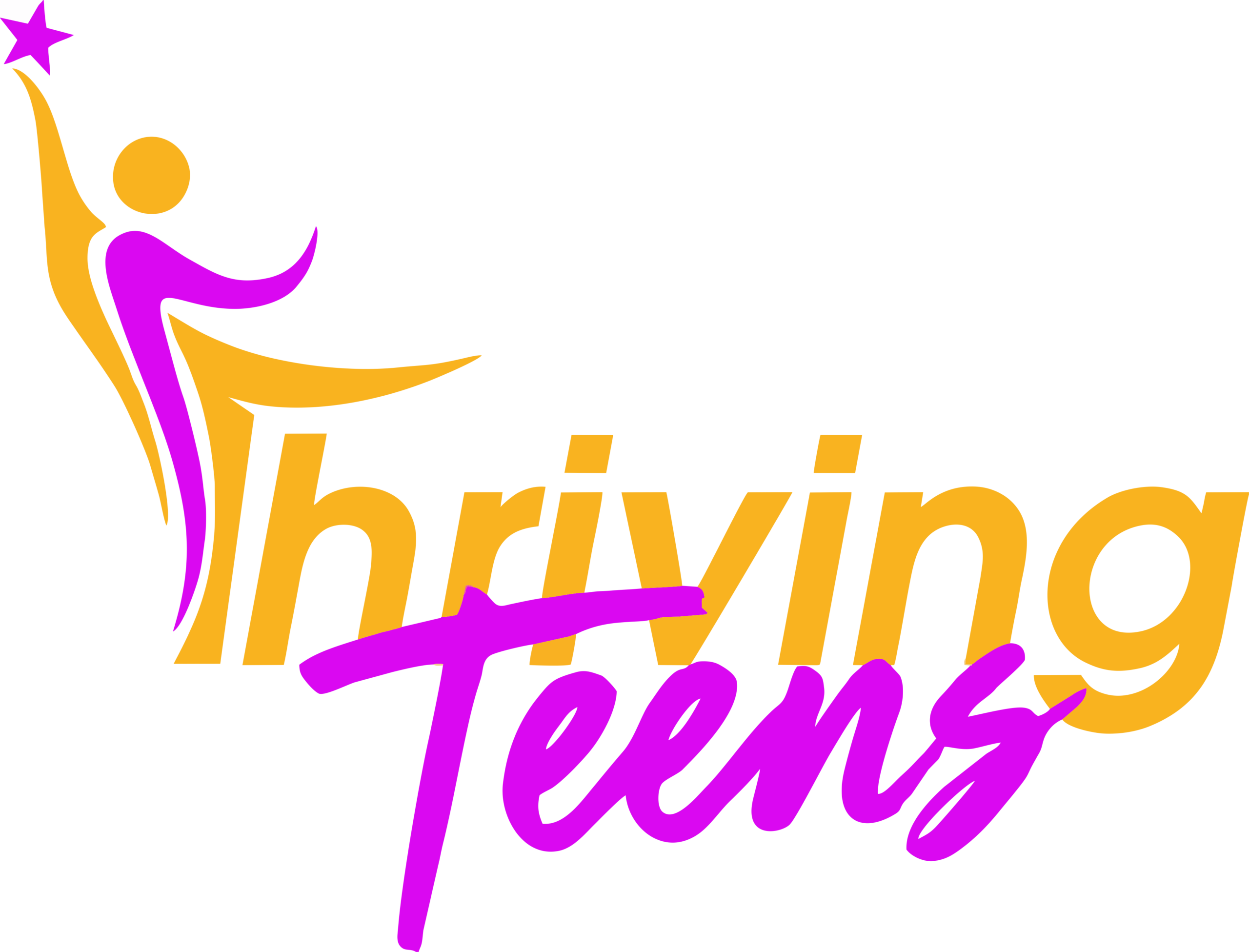MYTH: There exists no cure for sickle cell disease.
FACT: This statement is erroneous. A bone marrow transplant is an effective cure, wherein the patient’s damaged bone marrow is replaced with healthy bone marrow containing optimal blood stem cells, which resolves sickle cell disease. This advanced medical procedure is however given only to individuals with severe SCD, after confirming a family member as an accurately matched donor.
MYTH: Doctors and other healthcare professionals provide all sickle cell treatment, which is medical in nature. As a family, we have no control over anything.
FACT: Truth. There is a lot that family members can do to help a child with sickle cell disease. Families must establish a balance between denying the condition and living in a cocoon. They can develop the ability to identify issues early on, when medical intervention is frequently more successful, and they can take preventative measures to avert pain crises. The degree to which Sickle Cell affects a child’s life depends largely on that child’s ability to adapt in the face of challenges and establish a network of friends and family as supportive allies.
MYTH: My child carries the Sickle Cell trait, but this has no bearing on their health, so I don’t need to tell doctors about it.
FACT: Truth. Sickle Cell trait can, despite its rarity, lead to kidney bleeding, and in the most extreme situations—during activities that push the limits of human endurance, like high-altitude exercise—it can cause the same health issues as Sickle Cell disease. Furthermore, if your child becomes an adult and marries someone who also carries the Sickle Cell trait, they should be aware that their offspring may be born with Sickle Cell Disease
MYTH: Anemia is a common effect of SCD but it can be treated.
FACT: In someone with sickle cell disease, the red cells die early and not enough are left to carry oxygen throughout the body, causing anemia, infection or splenic enlargement, may make the anemia worse. Blood transfusions are used to treat severe anemia.

